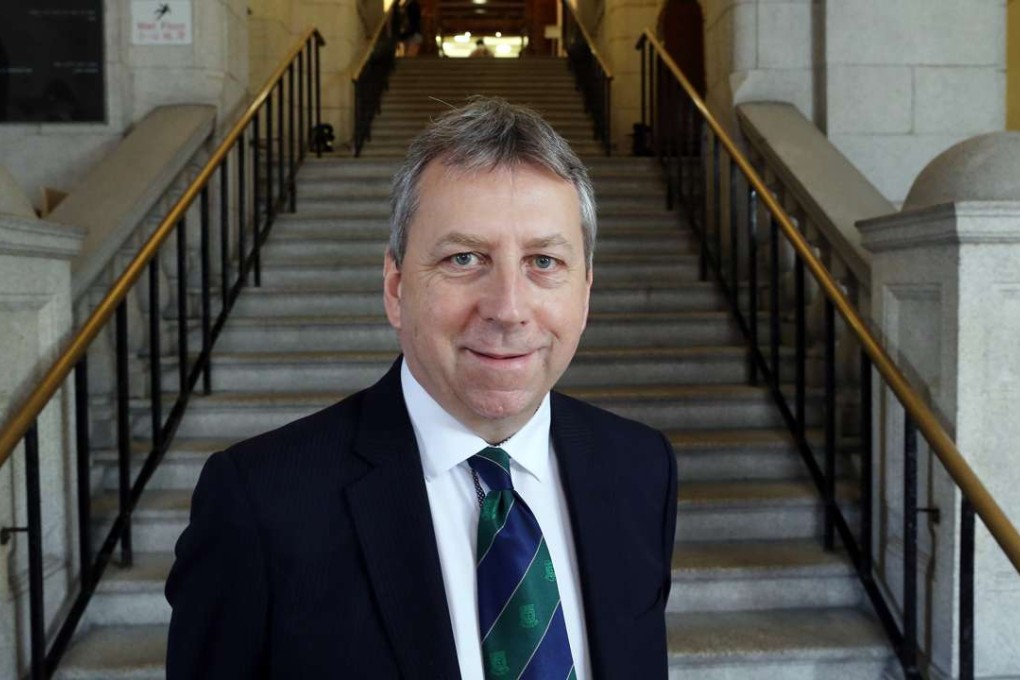Exclusive | Drastic reforms revealed: University of Hong Kong’s plan to give two people final say on hiring all new professors
‘Autocratic’ proposal dilutes say of staffing committees and faculties and risks another backlash like that sparked by Johannes Chan controversy

The University of Hong Kong is proposing drastic reforms in hiring academic staff that would concentrate power in the hands of its top guns and could spark a further backlash among those who see it as a means of political screening.
The proposals, listed in a confidential document seen by the Post, would see HKU’s top management taking a more decisive role in appointing professors, thereby diluting individual faculties’ and staffing committees’ powers to approve appointments.
This comes after a year of bitter controversy over the appointment of liberal law professor Johannes Chan Man-mun to a managerial post, which was blocked by HKU’s governing council.
Facing a backlash among students and alumni who were convinced Chan was screened out by pro-establishment council members over his links to Occupy Central co-founder Benny Tai Yiu-ting, the university management had promised to improve the system.
